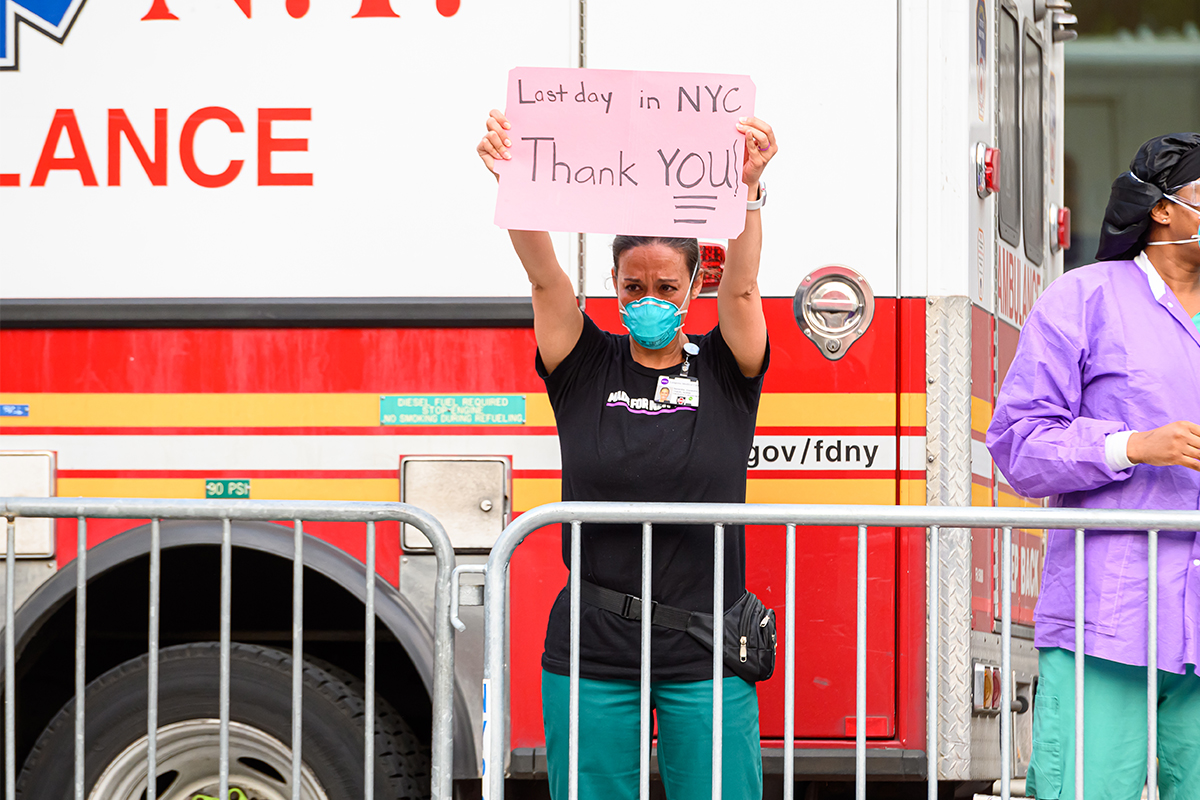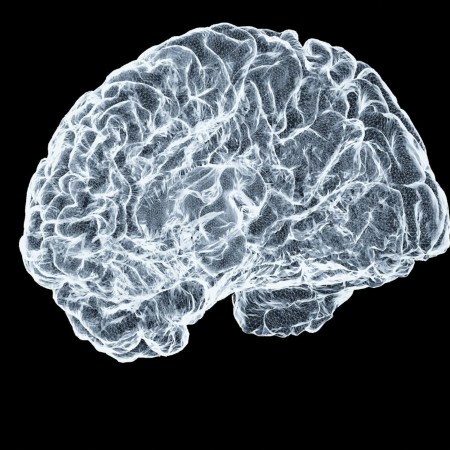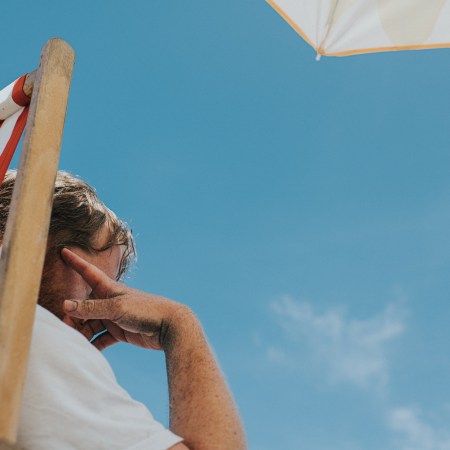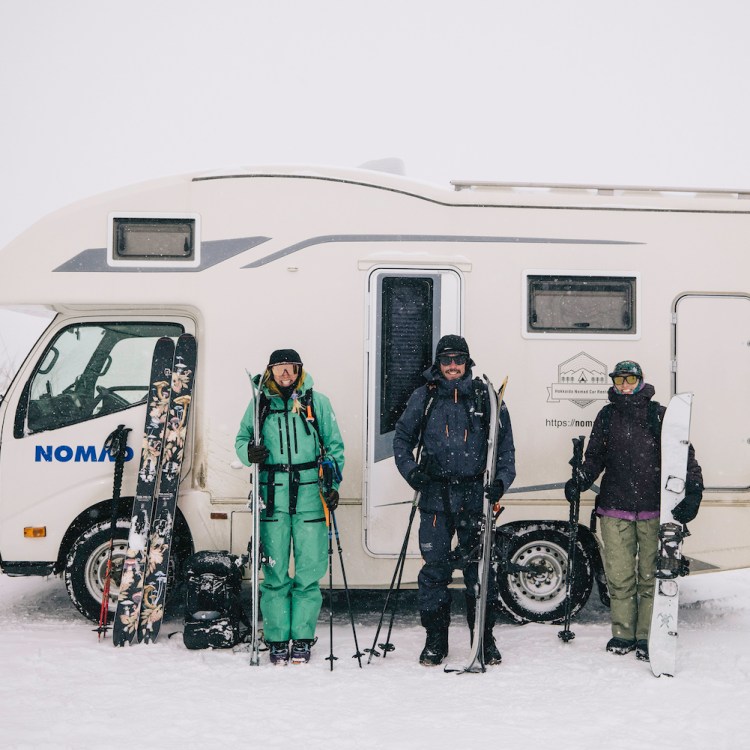A new show debuted on HBO Max last week called Station Eleven. It’s based on the acclaimed novel by Emily St. John Mandel and it’s absolutely fantastic. Some critics have even called it the best show of the year.
Only the first three episodes are available right now (they’ll drop in batches each Thursday) but the pilot should probably come with a trigger warning — in the story, the planet is hit with a swine flu that carries a kill rate of over 90%. The first hour depicts the anxiety, and eventual chaos, as characters realize they need to quarantine to save their lives.
Mandel’s book came out in 2014, and Patrick Somerville, the showrunner, has been working on a Station Eleven adaptation since 2019, so the parallels to our current moment are unintentional. (Not to mention a marketing nightmare for HBO, which, as other TV writers have pointed out, are presenting the show as a sort of Lost meets The Leftovers situation to dodge pandemic fatigue.)
That said — I was extremely rattled while watching the first episode. And I can’t imagine what a frontline worker would feel, especially during scenes that depict people stumbling into hospitals, or mass, makeshift grave sites. It brought me back to the hysteria of spring 2020, coaxing out images that I’d long abandoned for the sake of my own sanity.
Millions of healthcare workers, of course, aren’t lucky enough to just delete trauma from their brains. They were there for the worst of it; they’re still treating people nearly two years later. They’ve managed shifting treatments and guidelines, they’ve begged the public to follow protocols, they’ve put their own loved ones in danger to save our loved ones, and all the while, they’ve been abused, rebuked and forgotten, by people who haven’t had any training but have Twitter accounts (because in this day and age that, apparently, qualifies as medical expertise).
It hasn’t been easy, in other words, and those who track mental health in the medical community have worked to make sure we know it never really was. Even before the arrival of COVID-19, there were high rates of anxiety and depression amongst clinicians. Trauma is part of the job description., but the pandemic elevated it to a new level. As one doctor told CNN last week: “I have been practicing for 25 years in the emergency department and every shift I am working these days is like the worst shift in my career.”
Many medical workers are sticking the pandemic out as a matter of duty, but the combination of day-to-day burnout and public hostility could lead to massive shifts in employee displacement. And even if they leave their place of practice, they’ll likely be stuck struggling with the memories of what they had to do during 2020, 2021 and 2022, for years to come. At times during the pandemic, there have been calls for “total war” — total participation in the effort, from a physical, emotional and material perspective. It’s an imperfect comparison. But as far as many nurses and doctors are concerned, it really was like they were sent off to war.
How can they heal? The University of Washington School of Medicine might have the answer. It’s about to roll out the first-ever study of psilocybin-assisted therapy for clinicians. The Seattle study plans to recruit a group of “doctors, nurses and advance-practice providers who have clinically significant symptoms of depression and anxiety” and divide them into two groups (in order to test psilocybin and a placebo). Each volunteer will have six total psychotherapy sessions.
Psychedelic treatment has had some exciting results in recent years. In November of 2020, Johns Hopkins Medicine researchers found: “Two doses of the ‘magic mushroom’ chemical psilocybin relieves symptoms for people with major depression for at least a month.” The drug, which catalyzes “profound changes in consciousness over a few hours after ingestion” by restoring serotonin balance and reducing amygdala response, works four times better than traditional antidepressants on the market. And all-importantly: they work quickly.
Stay tuned for results of the latest study. One potential hitch? It might be somewhat obvious to volunteers on the placebo that they’re … not tripping. The authors will need to account for that when assessing their results. But a study like this — with whatever controversy it will definitely generate around the country — is so necessary.
As the study’s lead investigator says: “We hope to help them address their feelings of grief, inadequacy and moral distress as a result of caring for COVID patients.” At long last, someone’s looking out for those who’ve looked out for us all this time.
The Charge will help you move better, think clearer and stay in the game longer. Subscribe to our wellness newsletter today.



















